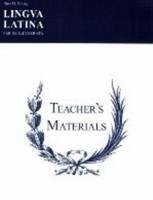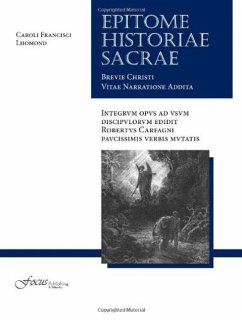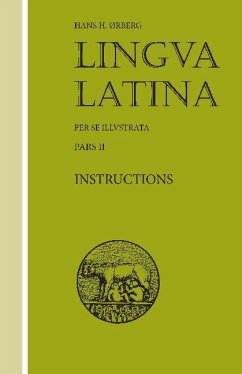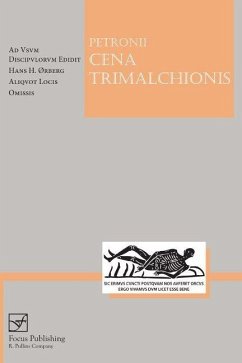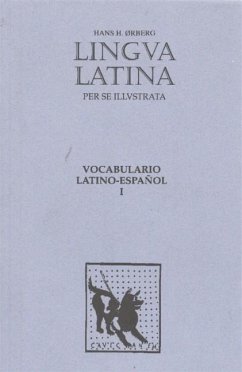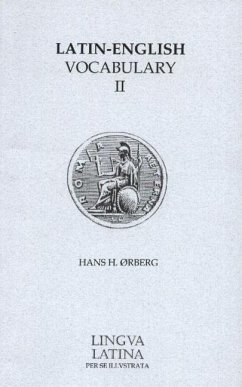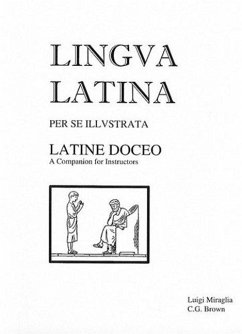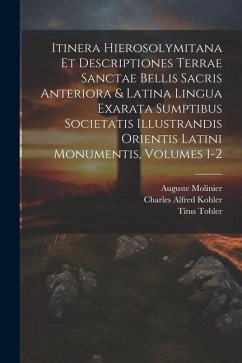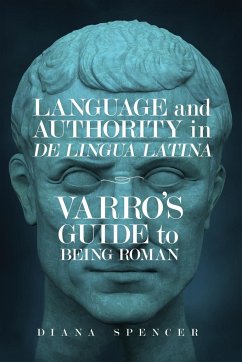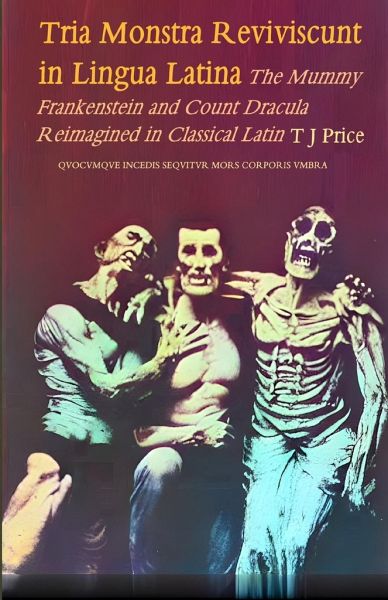
Tria Monstra in Lingua Latina Reviviscunt
The Mummy, Frankenstein and Count Dracula Reimagined in Latin
Versandkostenfrei!
Versandfertig in 1-2 Wochen
9,99 €
inkl. MwSt.

PAYBACK Punkte
5 °P sammeln!
Tria Monstra in Lingua Latina Reviviscunt is a collection of novellas written in idiomatic classical Latin. The tales of The Mummy, Frankenstein's Monster and Count Dracula are retold in such a way as to accommodate natural Latin and consequently avoid cumbersome paraphrasing and constructions not found in classical authors. The standard used is "Golden Age Latin", based on the translator's own reading of Cicero and Caesar, but also with constant reference to Robert Ogilvie's Horae Latinae and John Massie's Latin Prose Composition in order to maintain consistency of idiom. On the other hand, t...
Tria Monstra in Lingua Latina Reviviscunt is a collection of novellas written in idiomatic classical Latin. The tales of The Mummy, Frankenstein's Monster and Count Dracula are retold in such a way as to accommodate natural Latin and consequently avoid cumbersome paraphrasing and constructions not found in classical authors. The standard used is "Golden Age Latin", based on the translator's own reading of Cicero and Caesar, but also with constant reference to Robert Ogilvie's Horae Latinae and John Massie's Latin Prose Composition in order to maintain consistency of idiom. On the other hand, the syntax is simple relative to the style of the standard authors. The narratives are, it is hoped, both lively and sufficiently sophisticated to entertain the adult learner who has covered the grammar up to oratio obliqua. It should be noted that the content is not always suitable for younger readers. In addition, the collection is rounded off with a loose novelisation of James Whale's famous film, The Bride of Frankenstein, which is composed in a looser style and is much influenced by the sly humour of one of the translator's favourite authors, Phaedrus.



